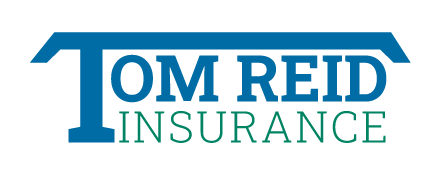“When it comes to health insurance for your business, you have a few options to choose from. Two of the most popular are fully insured and level funded products. While both can be effective, there are some key differences to consider – particularly when it comes to cost. Here’s a breakdown of how you can save 20% with a level funded product vs. a fully insured product:
Fully Insured Product
Fully insured products are the most traditional type of health insurance. With this option, your business pays a monthly premium to an insurance provider, who then takes on the risk of paying out claims. This option can be more expensive than a level funded product, but it also offers more predictability. With a fully insured product, you know exactly what your monthly premium will be, and you can budget accordingly.
Level Funded Product
Level funded products are a newer type of health insurance that can help businesses save money. With this option, your business sets aside money in a fund to pay for employee healthcare costs. This approach can be less expensive than fully insured products, but it also comes with more risk. With a level funded product, you’re taking on more of the risk of paying out claims, so you need to be prepared for unexpected costs.
How to Save 20%
In general, level funded products can help you save 20% or more compared to fully insured products. That’s because you’re taking on more of the risk of paying out claims. However, this approach also requires more planning and budgeting on your part. To save 20% with a level funded product, you’ll need to be proactive about managing your healthcare costs, and you’ll need to be prepared for unexpected expenses.
In conclusion, there are pros and cons to both fully insured and level funded products. While fully insured products offer more predictability, level funded products can be a more cost-effective option. By understanding the differences between the two and taking a proactive approach to managing your healthcare costs, you can save 20% or more on your business’ health insurance.”

